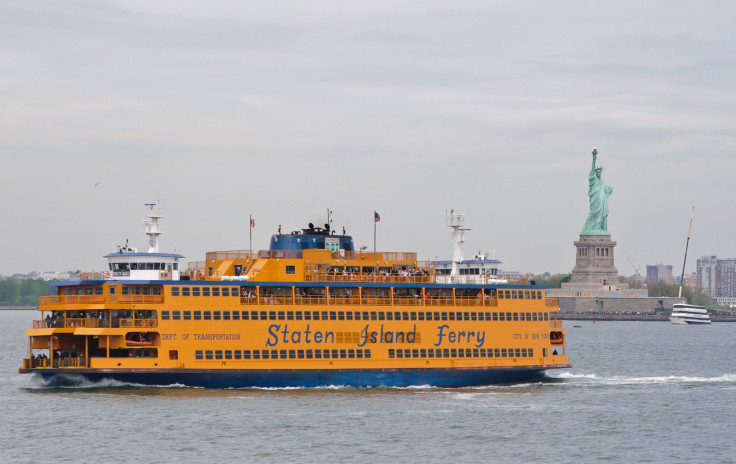Rolls-Royce Rolls Out Autonomous Ship Technology That Reduces The Need For Human-Machine Interaction

Rolls-Royce this week unveiled a white paper on autonomous ships at an Amsterdam symposium, predicting the commercialization of the technology by the end of the decade.
“This is happening. It’s not if; it’s when,” Oskar Levander, Rolls-Royce's vice president for marine innovation, told the Autonomous Ship Technology Symposium 2016 Tuesday as the company issued its white paper, “Advanced Autonomous Waterborne Applications Initiative.”
“The technologies needed to make remote and autonomous ships a reality exist. The AAWA project is testing sensor arrays in a range of operating and climatic conditions in Finland and has created a simulated autonomous ship control system which allows the behavior of the complete communication system to be explored. We will see a remote-controlled ship in commercial use by the end of the decade,” Levander said.
The white paper discusses current research and applications for the technology, including the safety and security implications of operating ships remotely. It also discusses the legal and regulatory aspects, and the existence of a supplier network.
The technology, which Rolls-Royce said has the support of shipowners and operators, was tested on Finferries’ 213-foot double-ended ferry, the Stella, which operates between Korpo and Houtskär. Also working on the project is ESL Shipping Ltd., which is testing implications for cargo vessels.
“Our solutions in ship intelligence will deliver multifaceted enhancements in vessel performance and operation for our customers. In the shorter term, we are supporting our customers to automate operations and navigation, allowing crew to concentrate on more-valuable tasks,” Rolls-Royce said in an introduction to the white paper.
“Our future solutions will reduce need for human-machine interaction by automating selected tasks and processes, whilst keeping the human at the center of critical decision-making and onboard expertise. In the longer term, our efforts in remote and autonomous operations will pave the way to autonomous ships.”
© Copyright IBTimes 2024. All rights reserved.






















